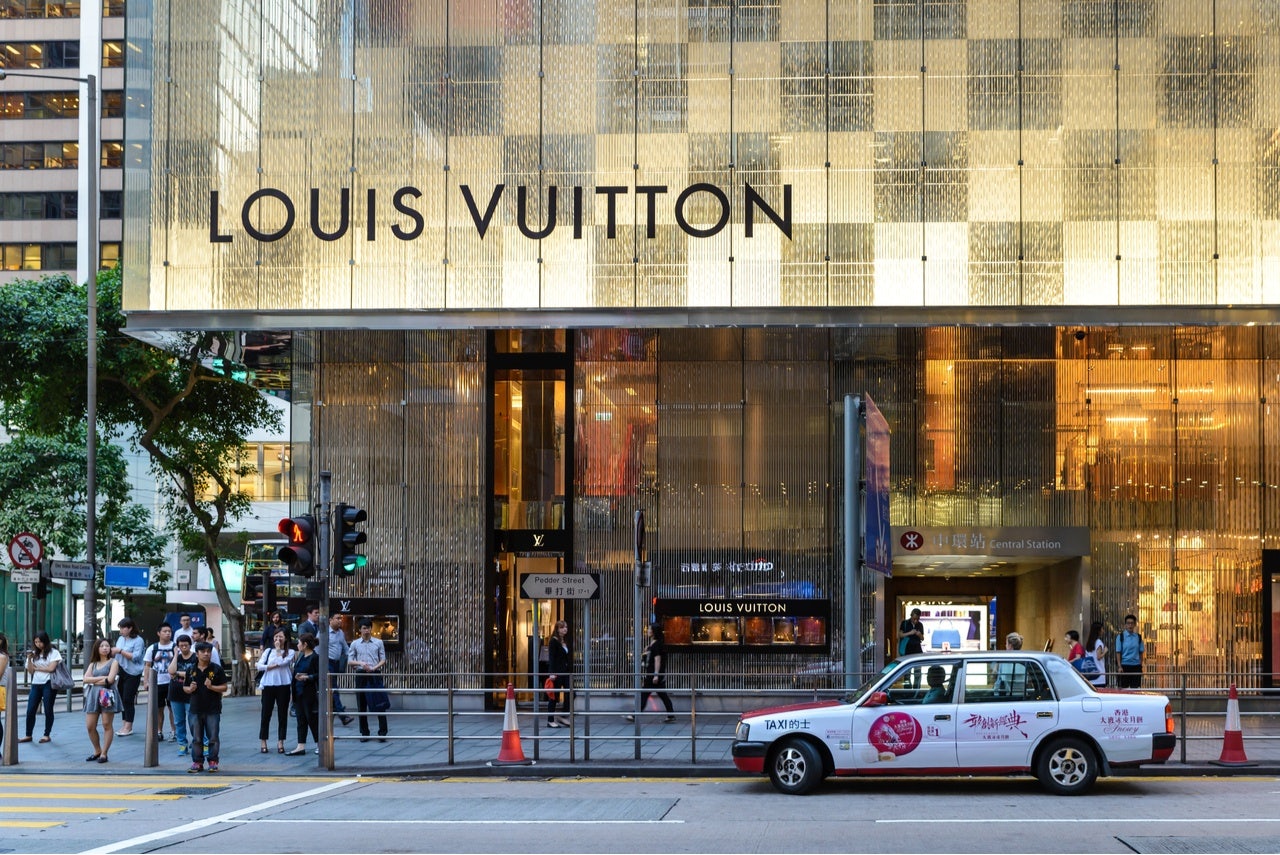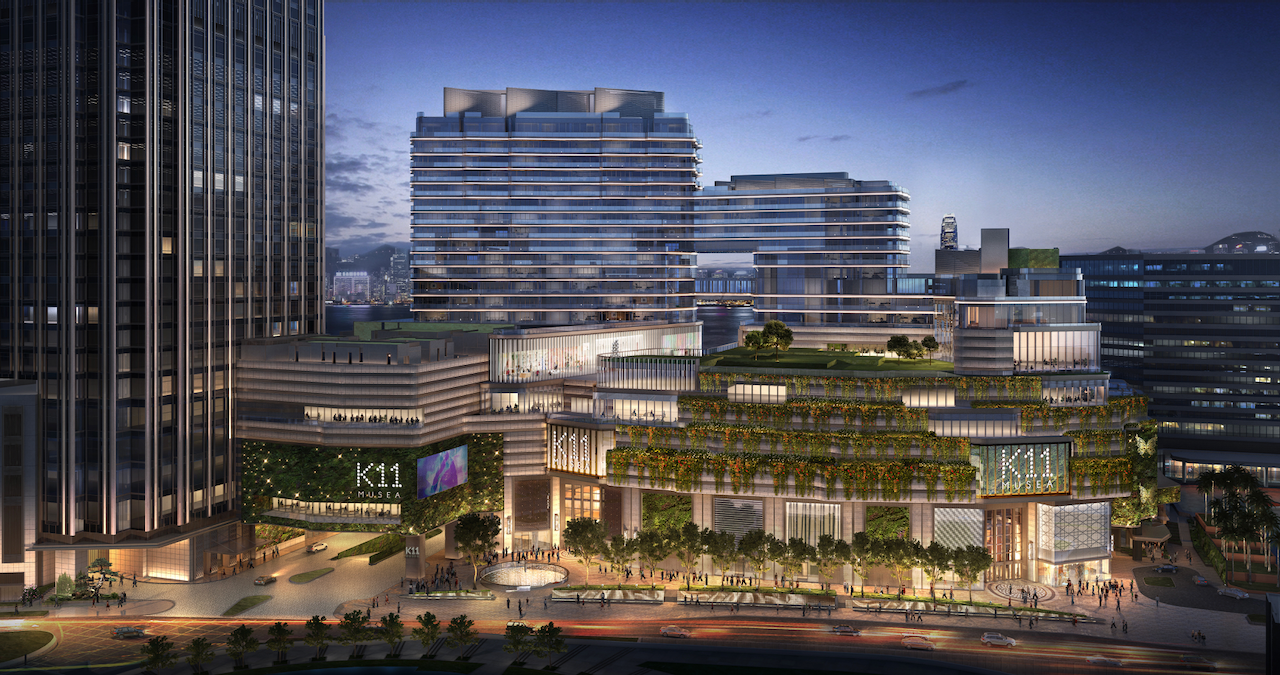Global luxury brands, many of which have depended on Hong Kong as a dependable market for years, have recently faced disruption and poor sales due to the city’s ongoing anti-government protests and “vigilante”-style violence. Apple and Estée Lauder are just two of the companies that have had to close early and operate under special working hours amid safety for their employees and a dearth of customers.
In recent weeks, hundreds of thousands of protesters have taken to the streets in extraordinary demonstrations against Hong Kong Chief Executive Carrie Lam’s bid to activate extraditions to the mainland. More recently, pro-China (or China-funded) gang members were suspected to be behind violent attacks that left dozens of peaceful demonstrators and passersby injured and at least one in critical condition.
Many are suspicious that this is one of many moves by the mainland to erode the “one country, two systems” principle and push deeper integration of Hong Kong into China’s political system. This would mean far less autonomy for Hong Kong and put its own legal system, trade deals, and freedom of assembly and free speech in peril. According to the BBC, critics of the now-moribund extradition bill argue “it would undermine the territory's judicial independence and could be used to target those who speak out against the Chinese government.”
For leading luxury groups, the ongoing unrest in Hong Kong means an uncertain prognosis and concerning position. Even before last weekend’s violence, HSBC estimated at least 350,000 mainland tourists would skip Hong Kong for other destinations in 2019, and the Hong Kong Tourism Board said last year they expected a “bumpy and unpredictable year” ahead, with lower per-visitor spending by mainland Chinese tourists.
Unrest in Hong Kong has left luxury giant Richemont, owner of Cartier and Van Cleef & Arpels among other brands, hurting, with sales slumping two percent in the three months through June. The Swatch Group AG blamed a slump in sales to forced closures, an entangled Chinese/US trade war, and fewer Chinese tourists visiting Hong Kong — and diminished purchasing power of mainland Chinese tourists owing to a weakened yuan.
Before the recent demonstrations and organized violence, Hong Kong had cemented its place as a global luxury shopping destination. As Luca Solca of Sanford C. Bernstein told Bloomberg, “the territory accounts for between 5 percent and 10 percent of global luxury sales,” with a large proportion coming from the mainland. The simmering political struggle leaves a question mark over the future of luxury shopping in this region. LVMH and Kering SA are soon expected to report first-half earnings, shedding more light onto how the luxury sector is faring.
For now, Richemont’s shareholders don’t seem too worried. The luxury group’s shares rose by 3 percent in trading last Thursday morning on the back of the continued strength of Cartier and Van Cleef & Arpels. However, that belies a bigger question: will Hong Kong’s outsized importance to the luxury market fade as it — slowly but inevitably — becomes just another rich Chinese city? Have luxury groups overinvested in the market or put too little focus on other emerging markets? Hong Kong has become less centrally important in other sectors, and the acceleration in mainland Chinese shoppers spending elsewhere means it’s only a matter of time before Hong Kong loses out to other luxury shopping hotspots.
At the same time, some — such as K11’s Adrian Cheng — hold that the fundamentals for Hong Kong are solid despite recent hiccups, and others think part of the weakness in the city’s luxury sector could be down to a stronger local currency. Who’s right and who’s overly ambitious (or cynical)?


